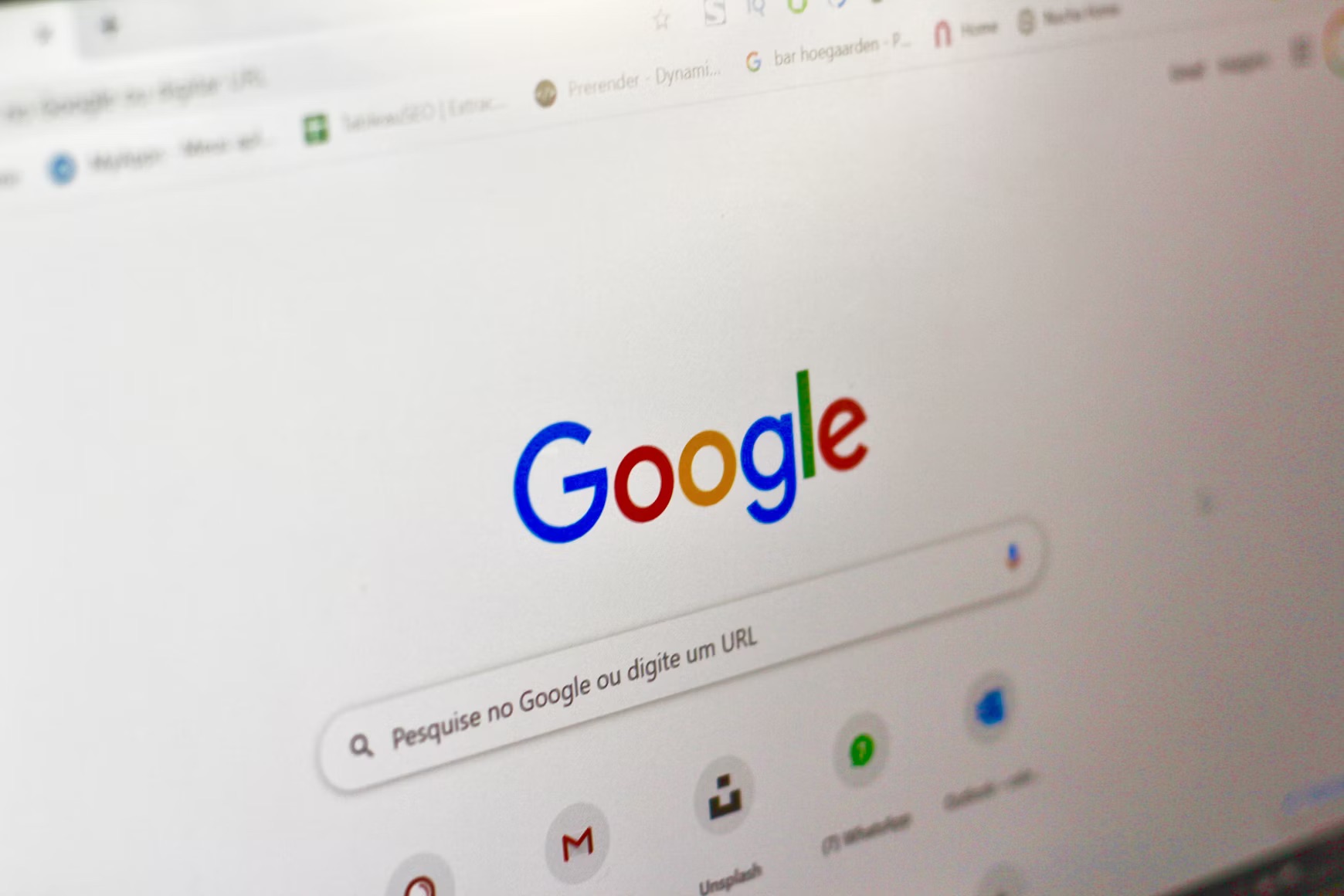
The U.K. government is reportedly backing down from its earlier demand that Apple build a secret backdoor to allow U.K. authorities access to customer data worldwide. This move follows strong criticism from the U.S. government, highlighting tensions over global privacy and surveillance.
Senator Questions If Other Tech Giants Face Similar Demands
U.S. Senator Ron Wyden, a member of the Senate Intelligence Committee, has raised concerns about whether other major tech companies, such as Google, have also received secret backdoor demands from the U.K. government. Google declined to answer Wyden’s questions directly but has now confirmed that it has not received such a demand.
Earlier this year, reports surfaced that the U.K. Home Office sought a secret court order demanding Apple allow access to end-to-end encrypted cloud data, including iPhone and iPad backups of users worldwide. Apple encrypts this data so only customers can access it, not even Apple itself.
Under U.K. law, tech companies are legally barred from disclosing the existence or details of such secret surveillance orders, although the demand against Apple was leaked and criticized as “draconian” with potentially global privacy implications. Apple has appealed the legality of the order.
Meta Confirms No Backdoor Demands, Google Remains Silent
Meta, which protects user messages on WhatsApp and Facebook Messenger with end-to-end encryption, told Senator Wyden’s office in March that it has not received any order requiring it to backdoor encrypted services.
Google did not confirm whether it had received any U.K. government requests, citing legal prohibitions on disclosure if such orders existed. However, a Google spokesperson later stated the company has never built any mechanism to bypass end-to-end encryption and explicitly said Google has not received any technical capabilities notice related to U.K. surveillance.
In a letter to U.S. intelligence official Tulsi Gabbard, Senator Wyden urged a public assessment of the national security risks posed by U.K. surveillance laws and their secret demands on U.S. companies, underscoring the need for greater transparency on this critical issue.
What The Author Thinks
The U.K.’s attempt to demand backdoors into encrypted data highlights the ongoing global struggle between government surveillance powers and individual privacy rights. While security concerns are legitimate, secret orders that undermine encryption risk weakening digital security for millions worldwide. Governments must pursue transparency and clear legal frameworks to balance national security with protecting users’ fundamental privacy. Without such clarity, trust in technology platforms—and the security they promise—may erode rapidly.
Featured image credit: Nathana Rebouças via Unsplash
For more stories like it, click the +Follow button at the top of this page to follow us.
